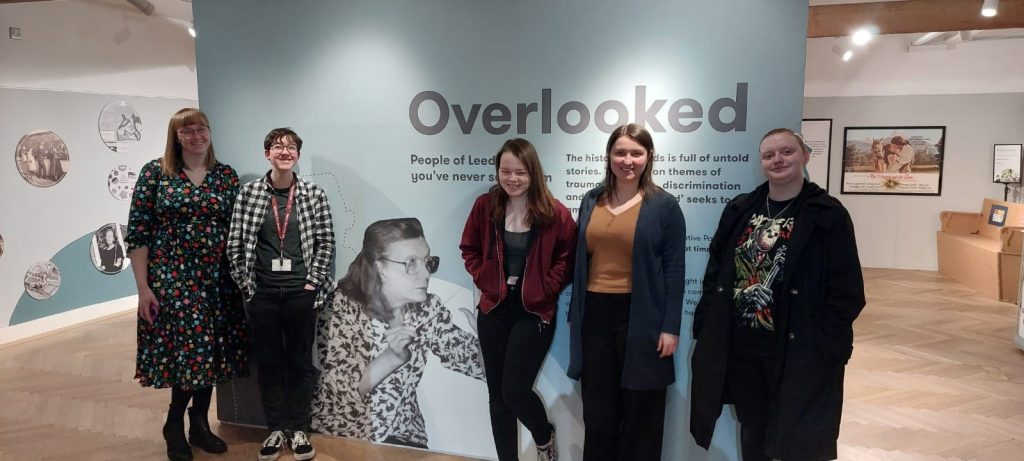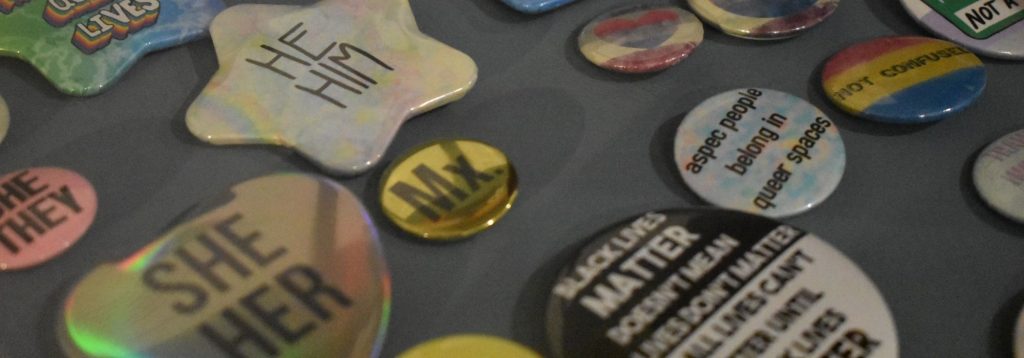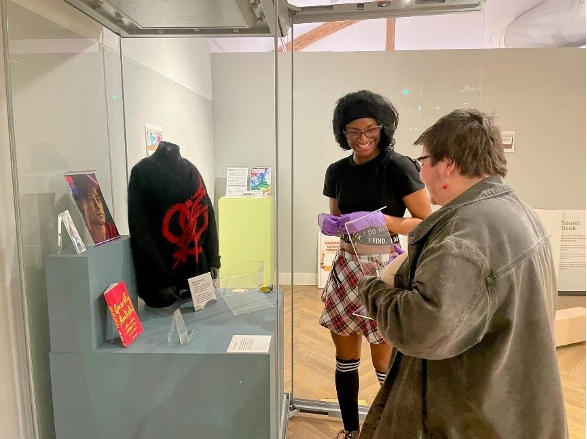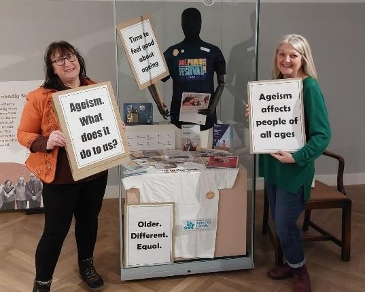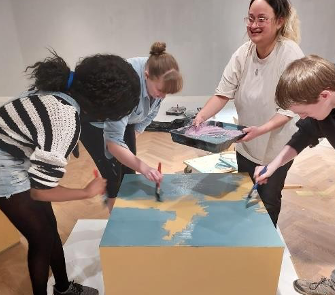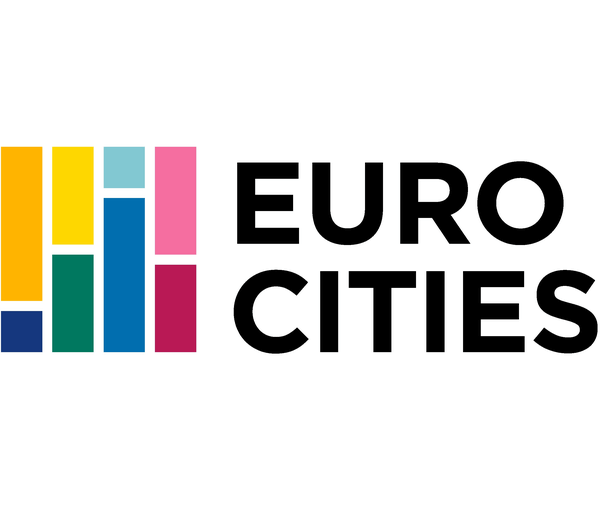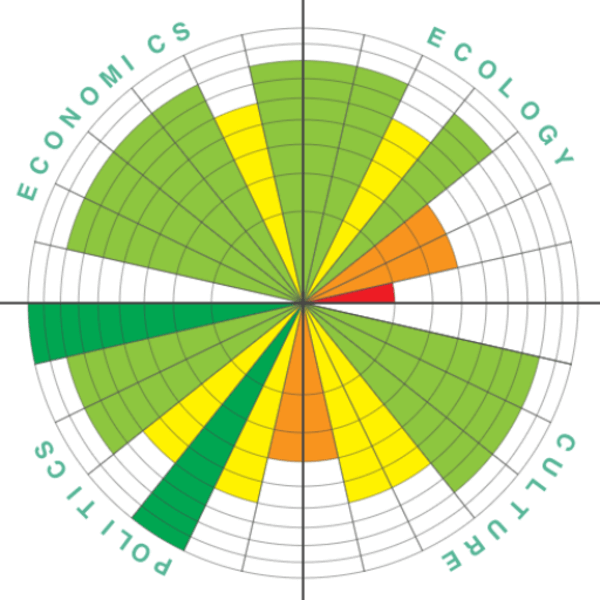City
Leeds
Main actors
Local Government, NGO / Philanthropy, Community / Citizen Group
Project area
Whole City/Administrative Region
Duration
Ongoing since 2020
In 2020, during the COVID-19 lockdown, a group of museum volunteers aged 14-24 found themselves restricted to weekly Zoom meetings. It was during these meetings that the group began to question the narrative presented in their museum. Known as the Preservative Party, the group started to wonder: ‘Why are there no autistic voices in our museum?’, ‘Did trans people not exist in history?’, ‘Why are there no deaf perspectives in our galleries’ and ‘we know about the rich industrialists but what about the people who worked in the factories?’ When they couldn’t find satisfactory answers to these questions, they became determined to work with the Museum and local communities to find and tell overlooked stories, so that ‘everyone who comes to the Leeds City Museum sees themselves reflected in our galleries.’
The Preservative Party curated an exhibition from start to finish – they chose the themes, selected objects, researched stories, wrote text, and worked with various professionals and community partners to amplify the voices that are too often unheard.
Originally published by EUROCITIES: LINK
Eurocities Awards
This project was shortlisted for the 'Eurocities Awards' in 2023 in the following category: Bringing young people to the centre of co-creating public spaces.
On Map
The Map will be displayed after accepting cookie policy
